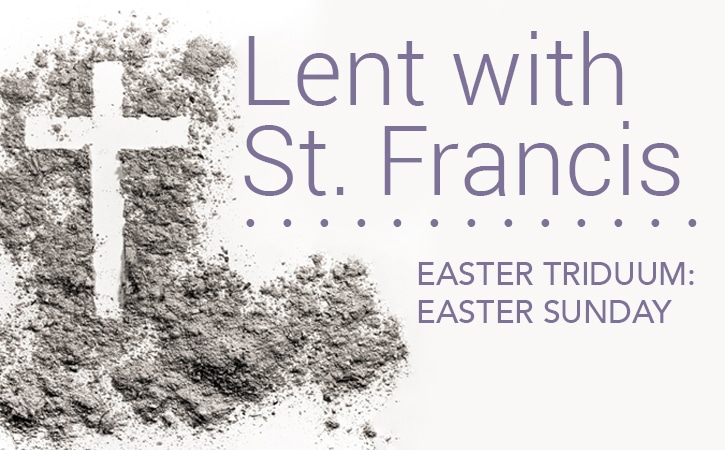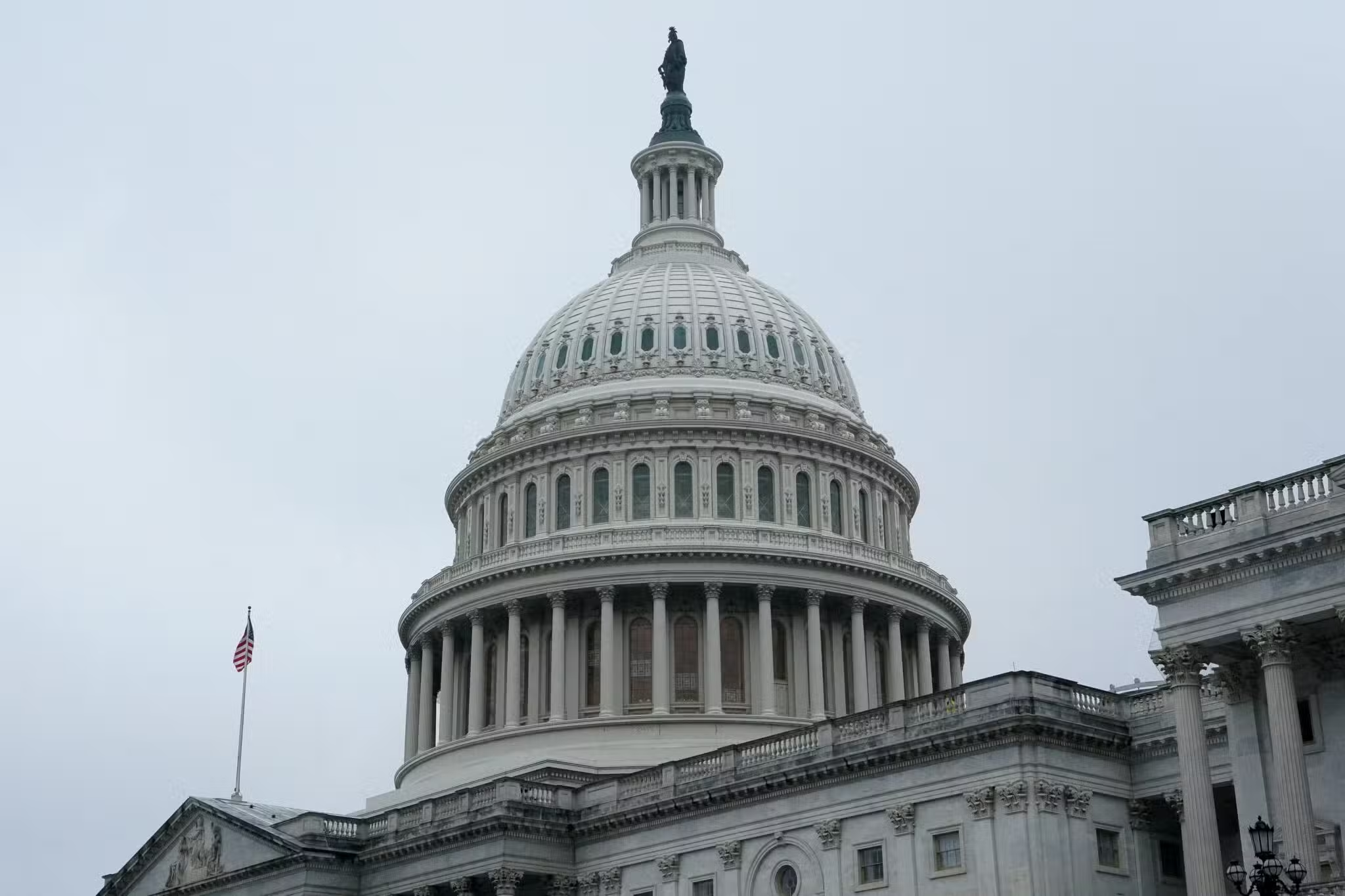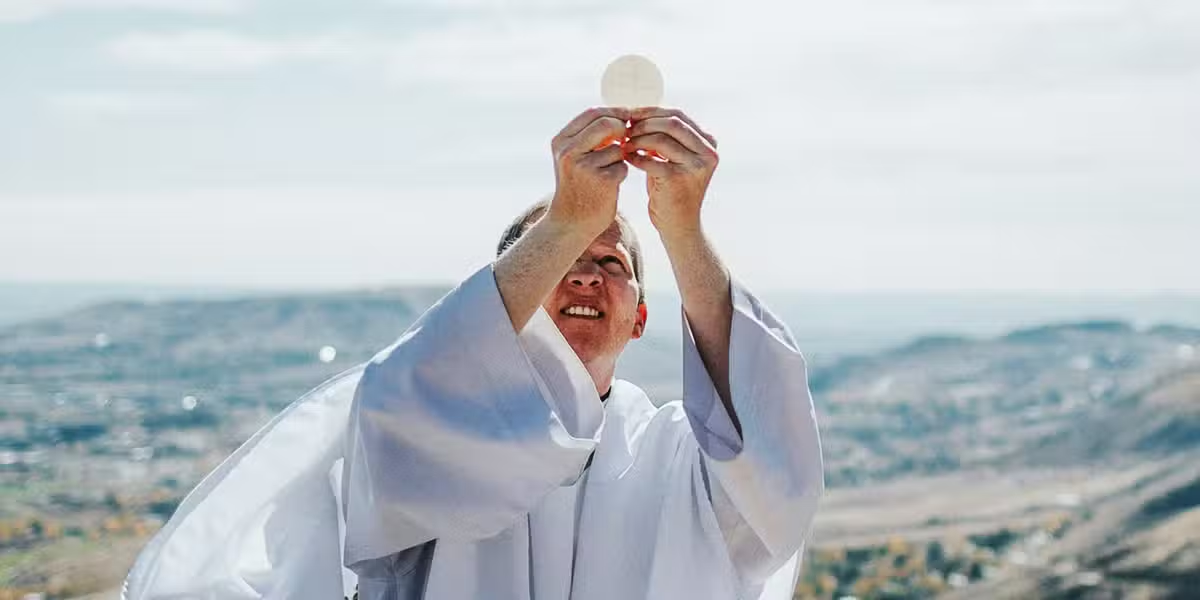Easter Triduum: Easter Sunday
Acts 10:34a, 37–43;
Psalm 118:1–2, 16–17, 22–23;
Colossians 3:1–4 or 1 Corinthians 5:6b–8;
John 20:1–9
“. . . he saw and believed.” —John 20:8
Easter is a beginning, not an ending. And this Easter story from Thomas of Celano reminds us that for St. Francis, the challenge to remain true to the Gospel was one that needed to be renewed again and again.
It happened one Easter that the brothers at the hermitage of Greccio prepared the table more carefully than they usually did with white linens and glassware. Coming down from his cell, the father came to the table and saw that it was placed high and decorated extravagantly. But he did not smile at the smiling table. Stealthily and little by little he retraced his steps, put on the hat of a poor man who was there, and taking a staff in his hand, he went outside. He waited outside at the door until the brothers began to eat; for they were in the habit of not waiting for him when he did not come at the signal.
When they had begun to eat, this truly poor man cried out at the door; “For the love of the Lord God,” he said, “give an alms to this poor, sick wanderer.” The brothers answered: “Come in, man, for love of him whom you have invoked.” He immediately entered and appeared before them as they were eating. But what astonishment, do you think, the beggar caused these inhabitants? The beggar was given a dish, and sitting alone, he put the dish in the ashes. “Now I am sitting as a Friar Minor should sit,” he said.
Francis was like that other pilgrim alone in Jerusalem that day. But he made the hearts of the disciples burn when he spoke to them.
Prayer
Lord God, all good.
You are Good, all Good, supreme Good,
Lord God, living and true.
Amen.








